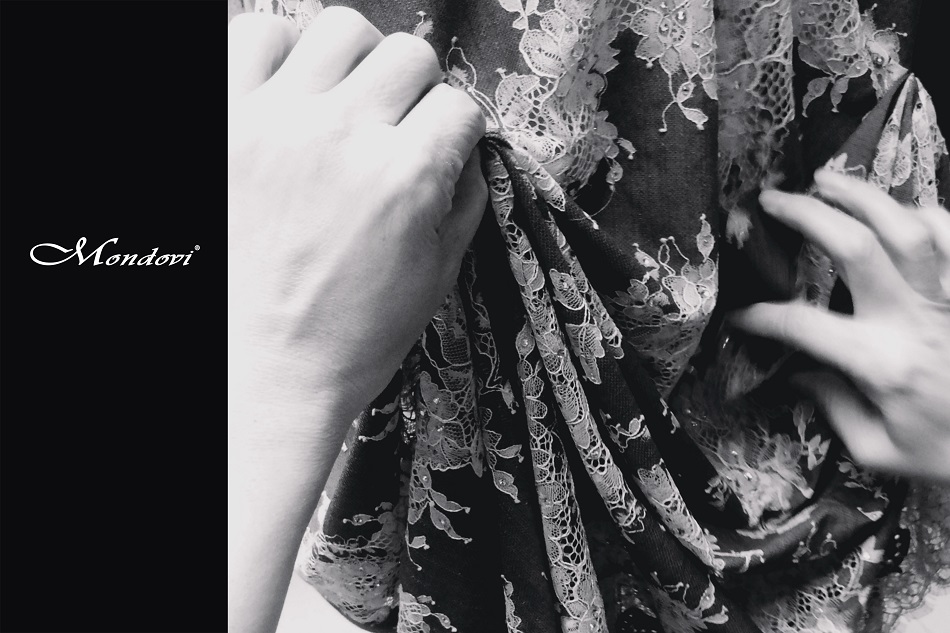Leisure & Culture #88
Building a hallway for generations of tea enthusiasts
Ming & Henry (Yeung Kin Hang)
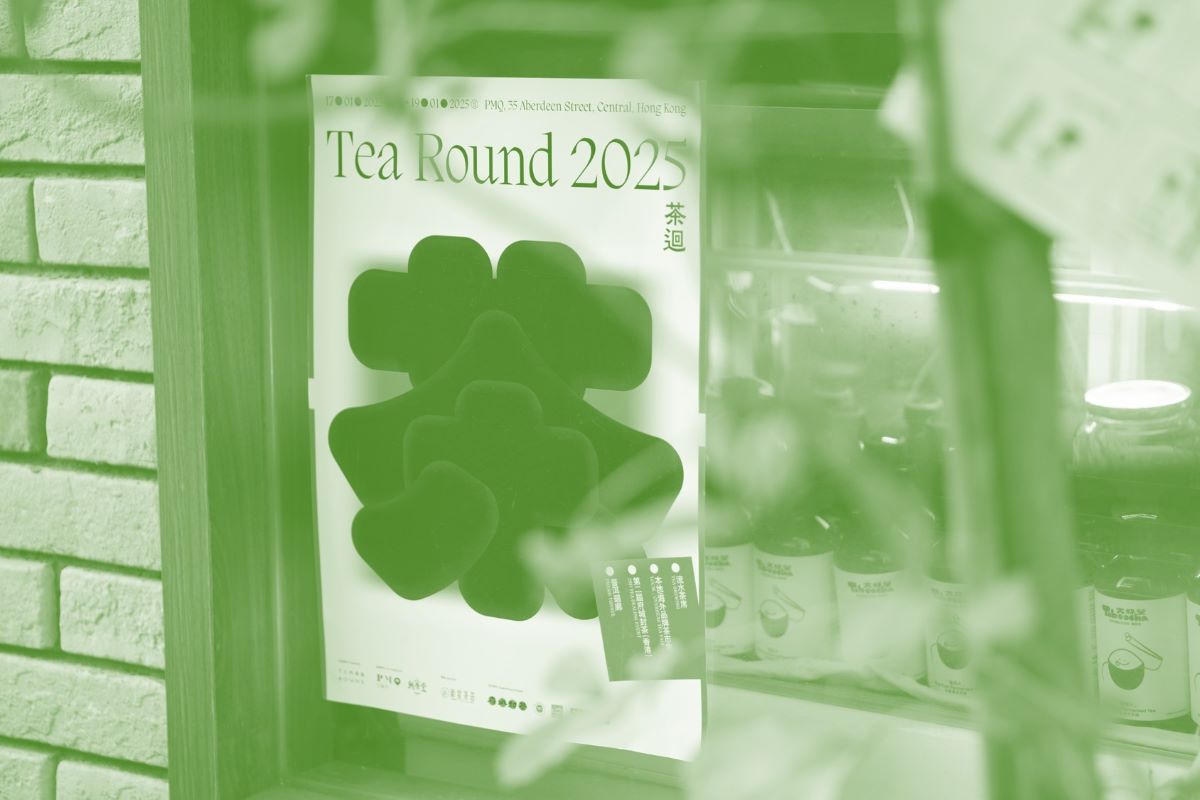
Text: Michael Lui Ka Chun
Image: Michael Lui Ka Chun
“We often hear about the shutdown of decades-old shops in Hong Kong, and such acts are usually related to the lack of new blood entering a certain industry," Ming said. This implies that the food and beverage sector is losing popularity among younger generations. However, the tea industry features older generations managing established shops and a newer generation stepping in to bring fresh ideas to run the business.
Traditional tea shops offer exceptional tea knowledge of experienced tea drinkers, much like an encyclopedia. In contrast, new tea enthusiasts bring innovative concepts, leading to vibrant, modern tea houses. By blending the old with the latest, we can enrich the aromatic world of the tea business in Hong Kong, making it more diverse and expansive.
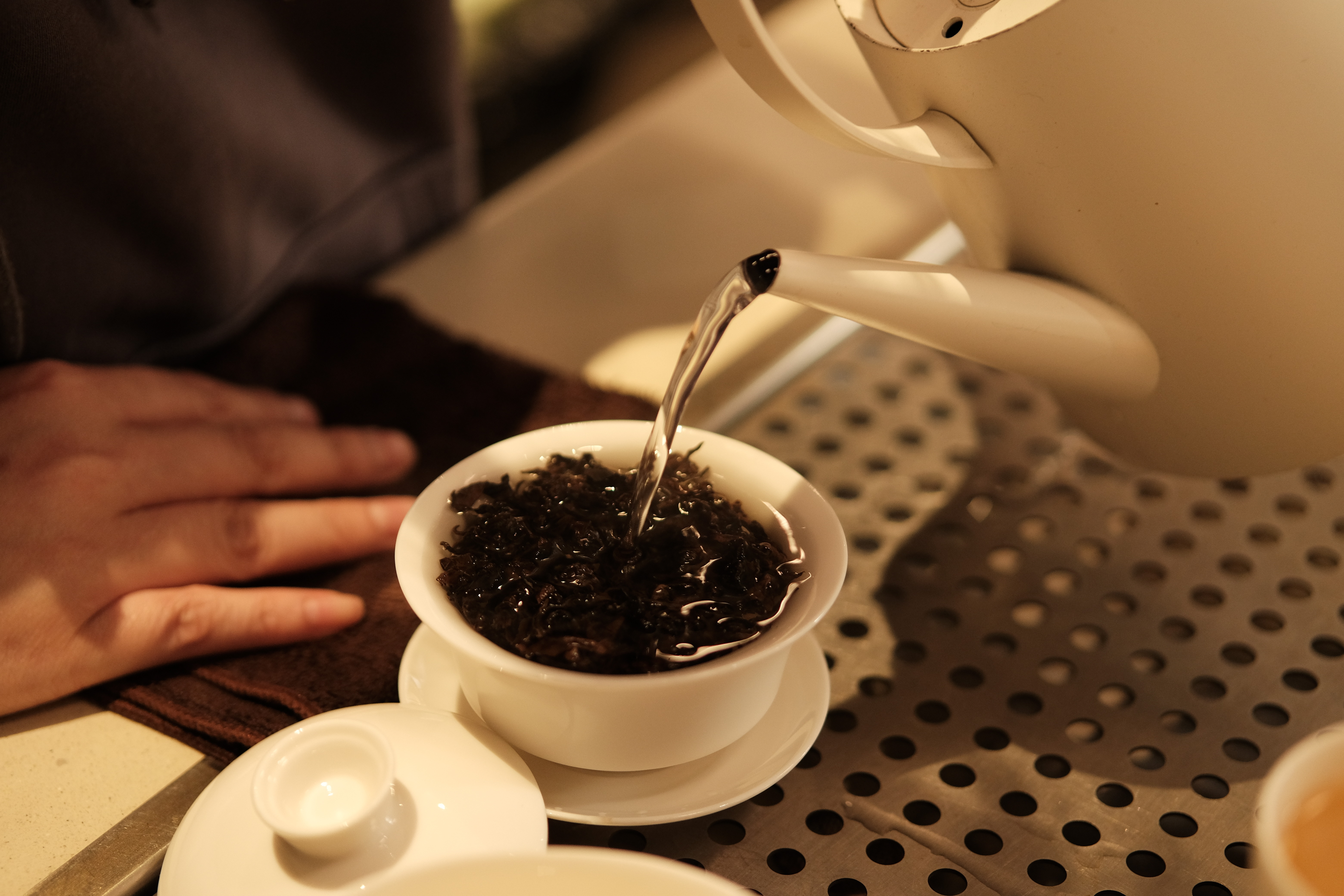
Ming is part of a new generation of tea house operators.
At a young age, she developed a passion for tea. While frequently brewing tea in contemporary tea houses, she is surrounded by enticing aromas that evoke fond memories. Her connection with tea began a decade ago, even before she opened her shop. Ming started her career as a barista, where she became particularly attuned to the aromas and flavors of various beverages. During that time, she explored tea mountains and studied in Anxi, taking classes to learn about tea tasting. "I loved black tea the most; its sweet, honey-like, and fruity aromas lead me to relaxation," she recalls. Ming realized she had genuinely fallen in love with tea.
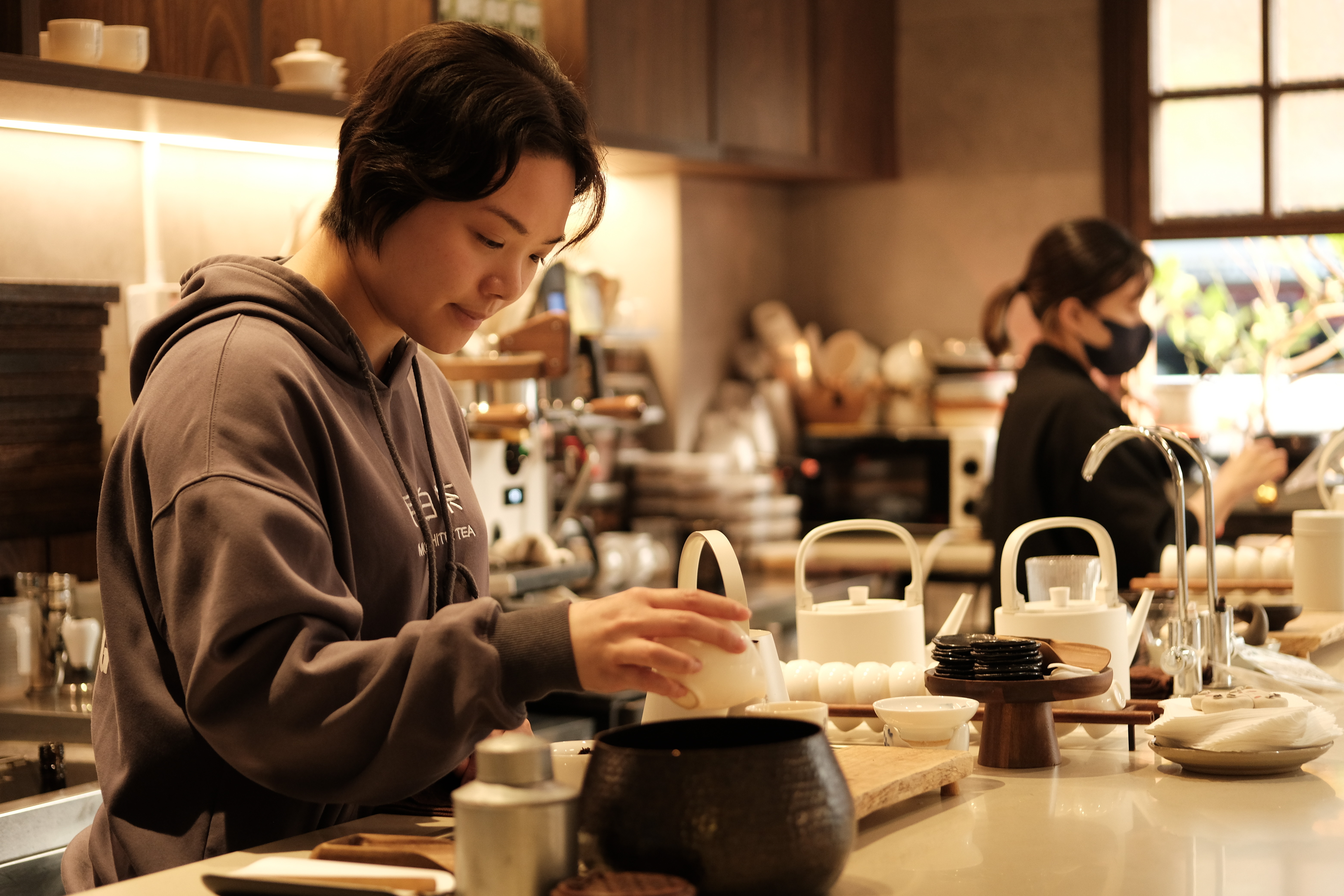
A new generation of tea house operators, Ming
"I value lifestyle, and tea can be a way of life." After leaving the coffee industry, Ming opened "Chas YehYeh" in Kwun Tong and later operated "The Chas" in Tai Wai. She offers tea and beverages at her shops but avoids any nostalgia. Instead, she wants to create a comfortable environment that encourages more people to come and experience tea. "If there are too many rituals and rules from the start, it might deter people. I want everyone to enjoy a cup of tea in a relaxed, everyday manner."
Ming embraces the popular hand-shaken tea, and her shops offer specialty tea drinks and lattes. She believes this can serve as a starting point for customers to connect with tea, as many people had their first cup of coffee at coffee chains twenty years ago. “It’s about enjoying the drink while developing an appreciation for different flavors, eventually leading to a taste for more sophisticated options.”
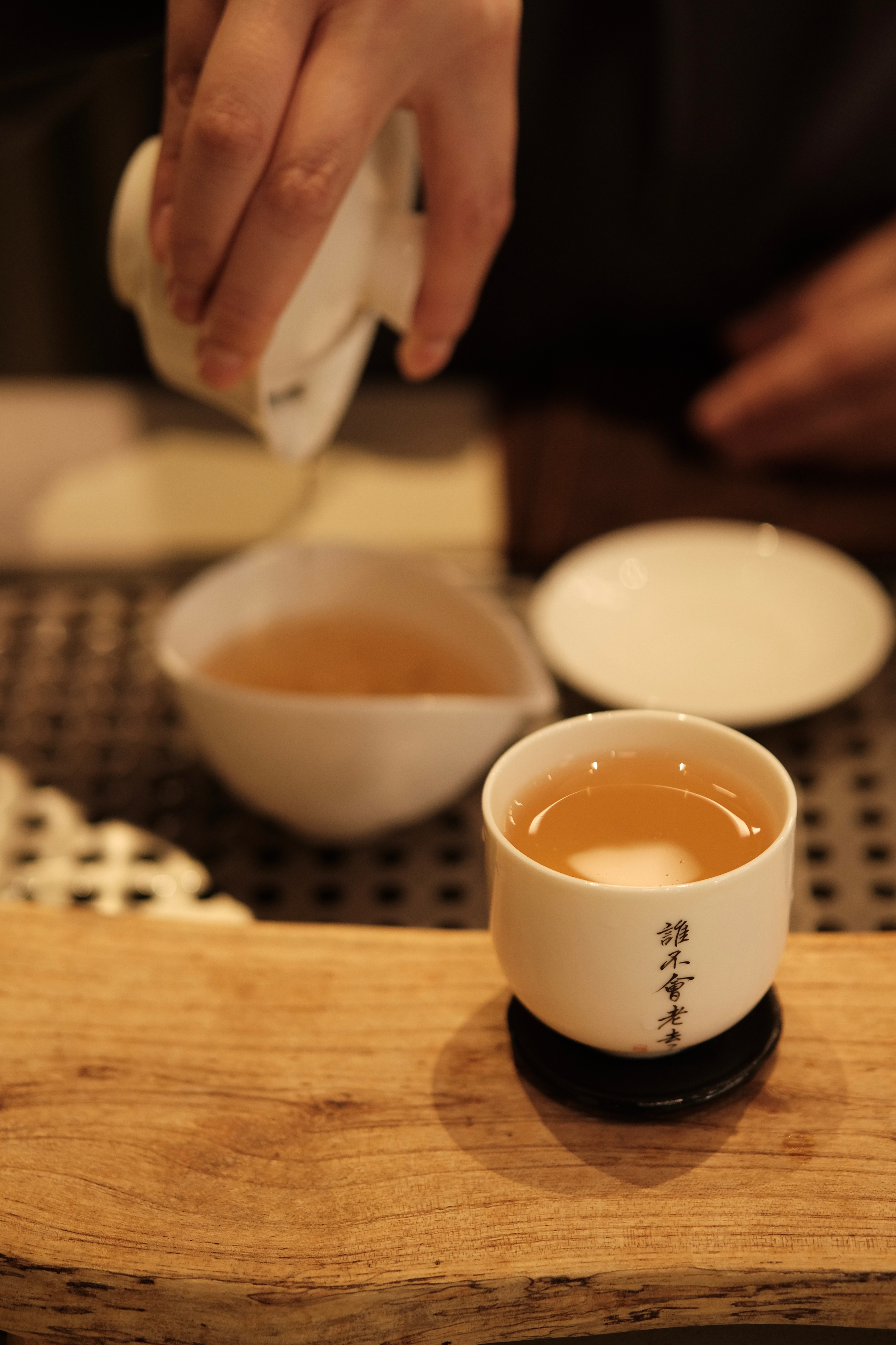
Since opening her tea shop, Ming joined the Hong Kong & Kowloon Tea Trade Merchants Association, and her friends often joke that she is probably the youngest member of the association! Through the association, she has met many established tea merchants in Hong Kong and gained insight into the methods used by past generations.
Ming notes, "Tea merchants of older generations have accumulated some loyal customers and have their own sales techniques, while young people frequently feel like the older merchants were just living in their own world. On the other hand, the older generation often has little understanding of our modern tea shops; it's as if we're living in parallel universes." Contrary to what some may believe, Ming does not find the old tea merchants in Hong Kong unfriendly. "Sometimes, they don't seem to see the whole picture. When you explain things to them patiently, many are willing to offer you help."
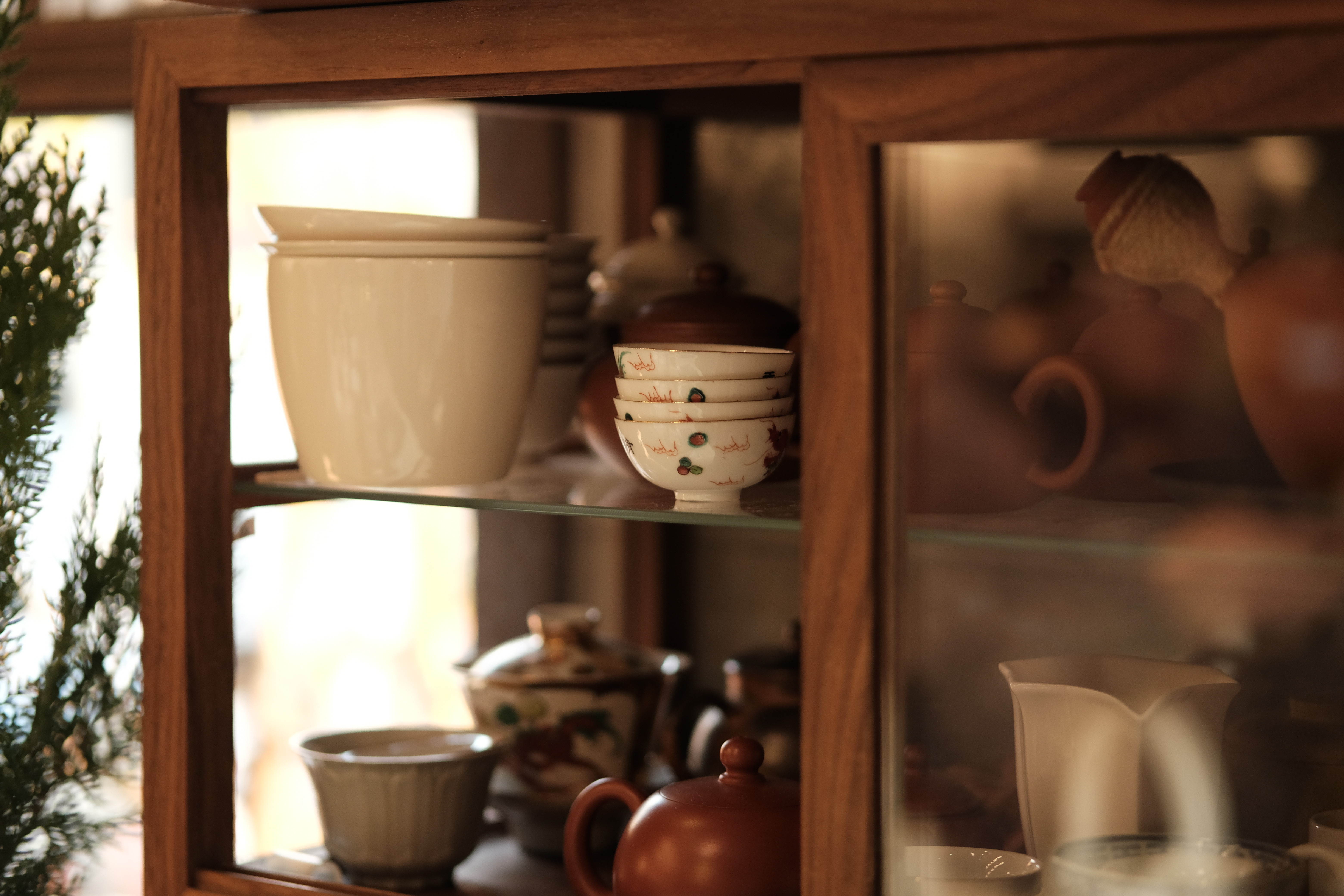
Ming tied two generations together within the association by filming a video introducing tea shops in Hong Kong, from the old to the new. This initiative helps people understand the landscape of tea shops in the city. Ming feels that Sun Sing Tea is an excellent partner in this endeavor, as they embody energy while being knowledgeable about traditional tea shops, making them an ideal bridge between the two generations.
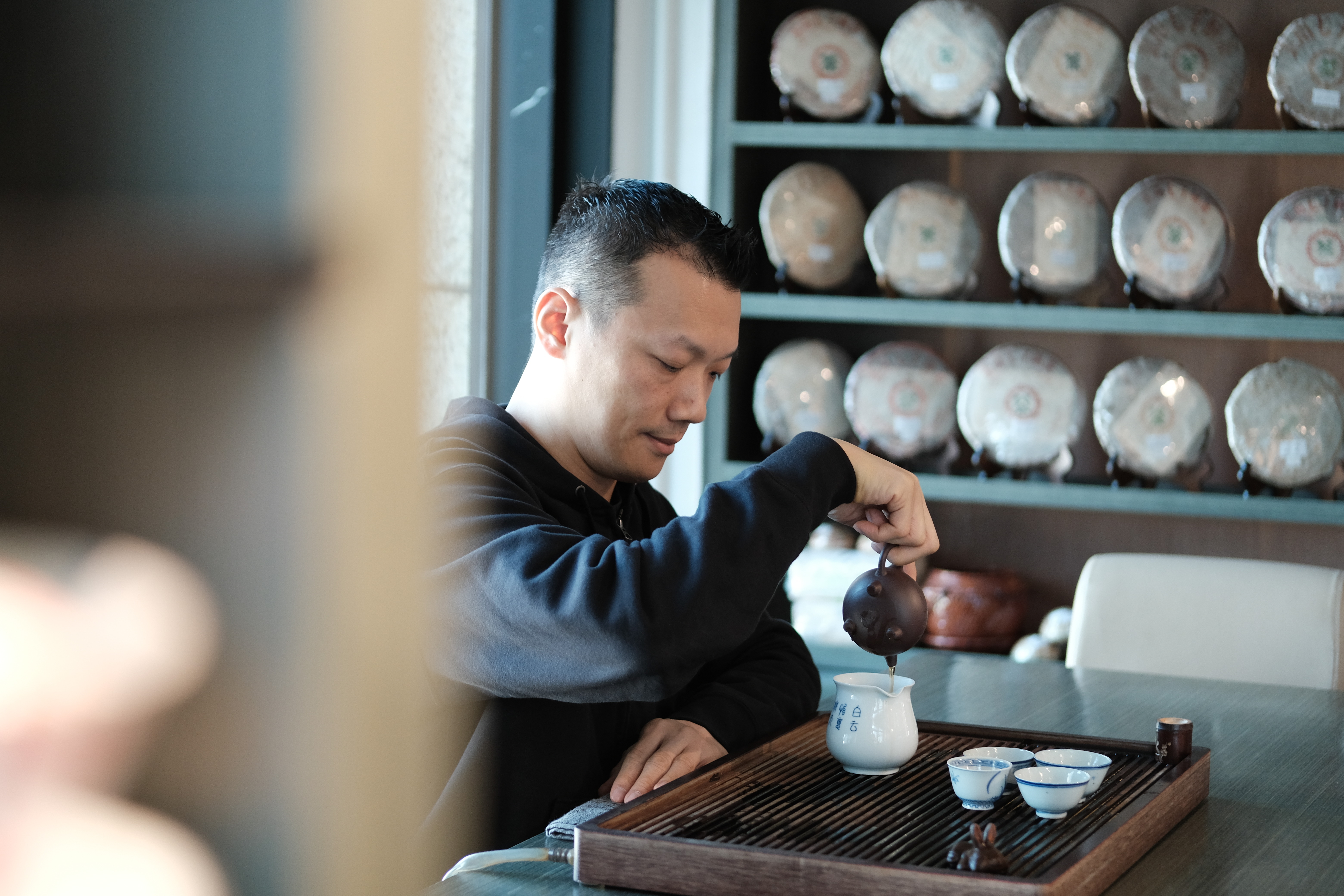
The owner of Sun Sing Tea, Henry (Yeung Kin Hang)
The owner of Sun Sing Tea, Henry (Yeung Kin Hang), has been selling tea since his father’s time and has witnessed the changes in Hong Kong’s tea industry. He understands that the new era brings a different set of values. "In the past, buying tea was simple; people focused on quality and price," he explains. "But now, consumers also pay attention to the whole concept and packaging."
Despite running a well-established brand, Henry still frequently hosts gatherings and tasting sessions, allowing people to try various vintages of Pu-erh tea. He even invited several tea enthusiasts to bring their collections from the same era and taste them together. "You’ll notice that the flavors can vary, even if the tea has been stored in different locations around Hong Kong," Henry notes.
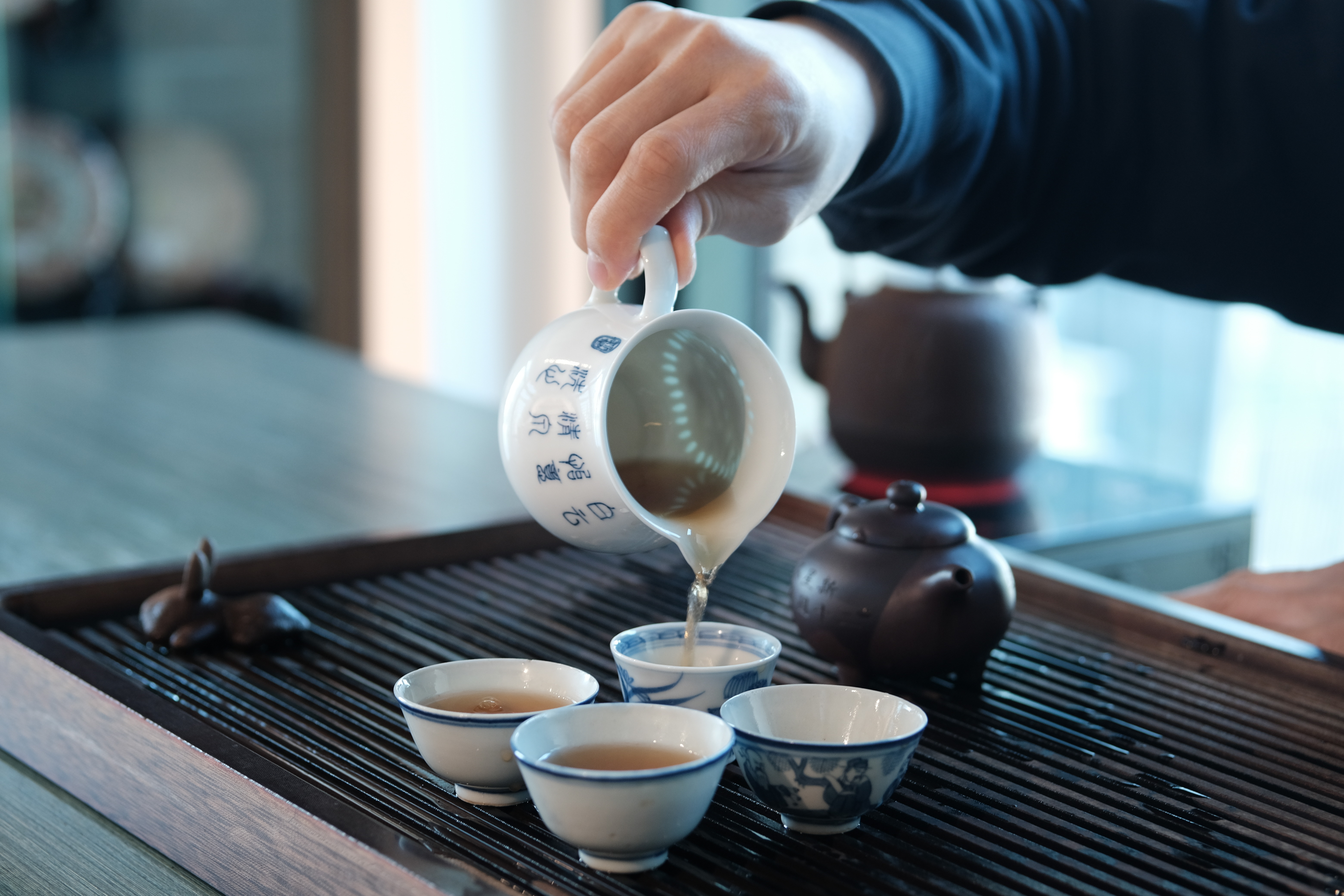
Henry has been trading Pu-erh tea since his father's generation, and he aims to share the knowledge he has accumulated over the years through community events. He is especially fond of the misinformation circulating online, as hearsay can mislead some tea drinkers and negatively impact the entire tea industry. Thus, when he found out Ming was organizing a tea market at PMQ, Henry eagerly supported such an initiative without hesitation. He believes that such events can provide valuable insights into the market and facilitate the sharing of tea knowledge.
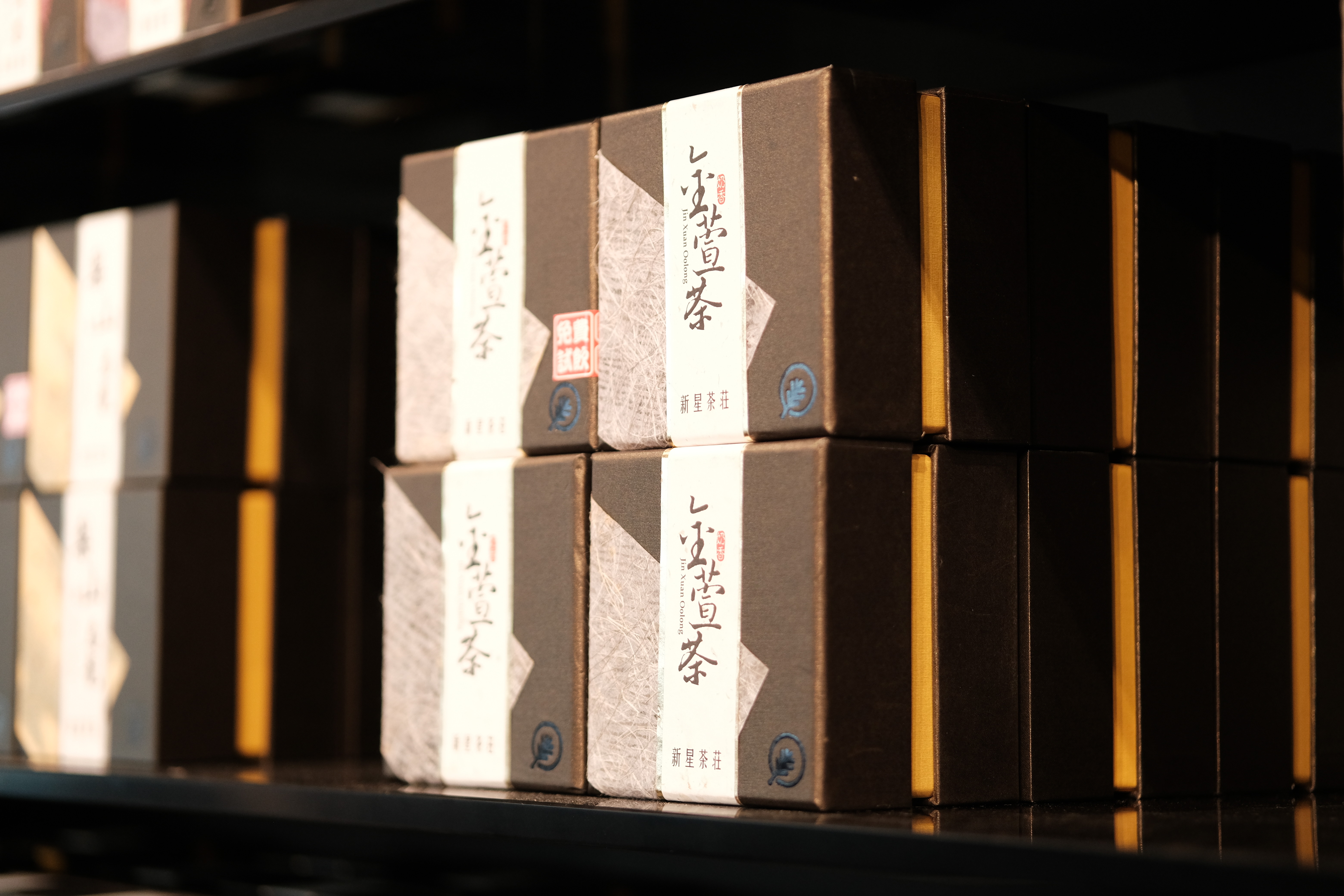
Henry has observed that the prices of quality tea have steadily risen in recent years, making it difficult for many to get a taste of it. He wishes to lower prices, even if it means reducing quantities, by offering tea in bulk so that more people can enjoy the experience of high-quality tea. Henry believes Pu-erh remains the mainstream choice, with strong markets for everything from casual tea drinking with dim sum to high-end vintage Pu-erh. In recent years, as health consciousness has become a world agenda, lightly aged Pu-erh has become particularly popular.
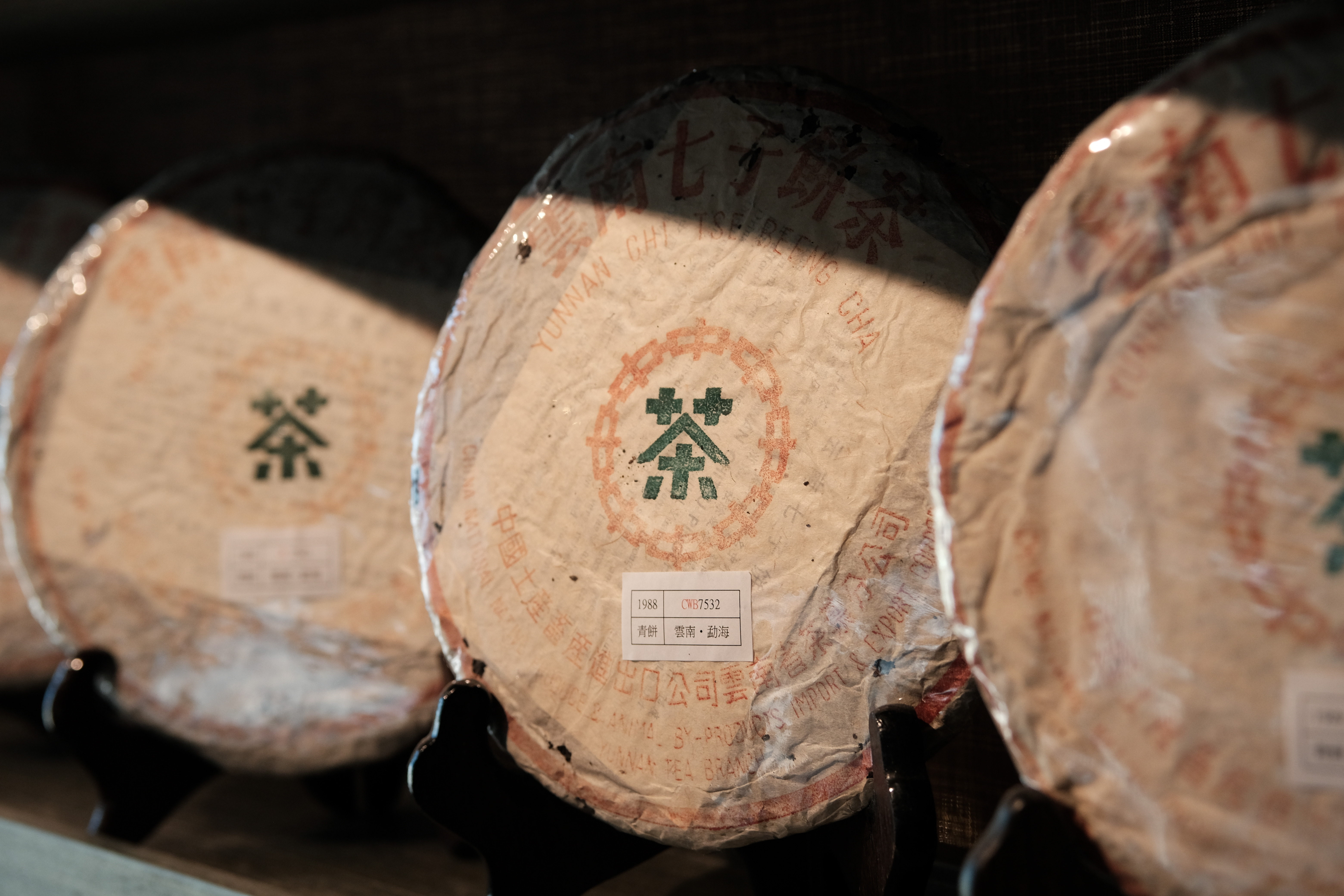
On the other hand, Ming is eager to expand her business to different parts of the world and is trying to engage more with tea practitioners from Taiwan, South Korea, China, Vietnam, Japan, and other places to understand global tea trends. She often shares tea culture on Threads, 'Everyone discusses it passionately, proving that there are still many tea lovers out there.' She believes that Oolong and Black Tea have advantages in Hong Kong, as their fruity yet honeyed aromas attract people easily. The scent is like coffee, which can gradually captivate baristas.
Ming and Henry both feel that coffee and tea share many similarities. They believe there will be more profound exchanges to developing a larger tea world in all directions.


